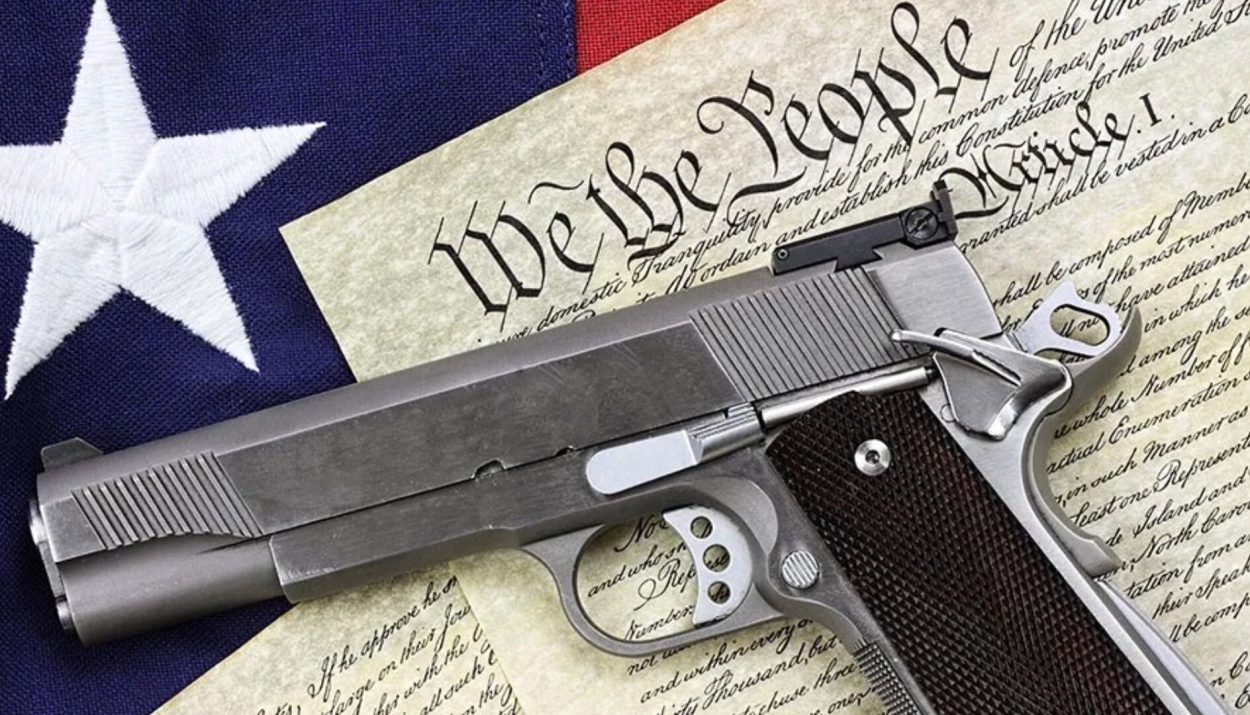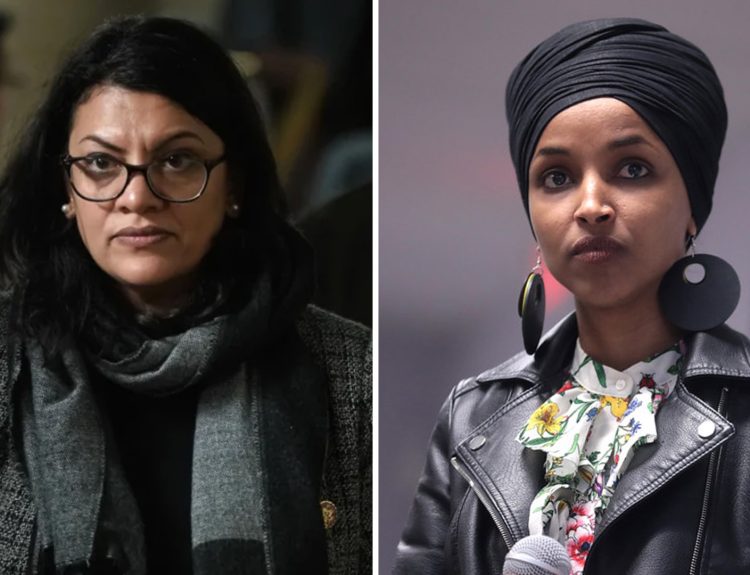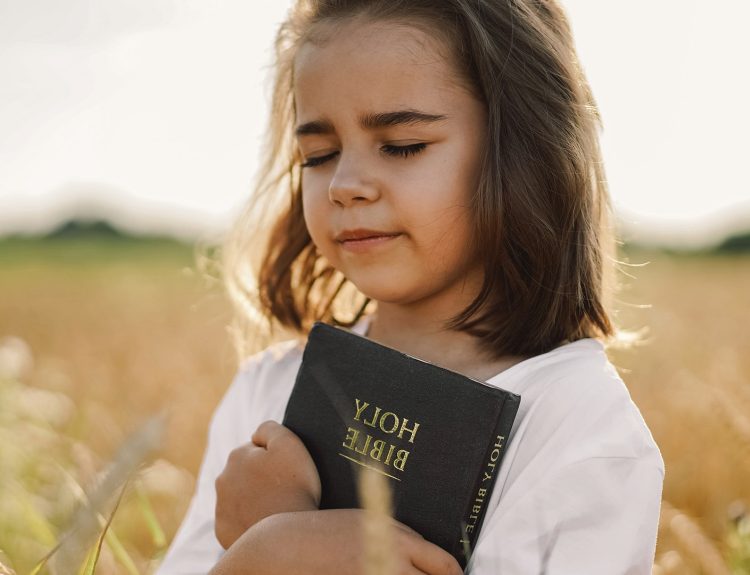The right to bear arms has been ingrained in American identity and freedom. Yet debates arise when having conversations about whether those rights extend to people who are in the country illegally. The recent decision made by US District Judge Sharon Johnson Coleman questions the federal federal prohibition on firearm ownership for illegal immigrants, sparking discussions over the intersection of immigration status and Second Amendment rights.
Second Amendment Rights
Drawing upon the Supreme Court’s precedent in the New York State Rifle and Pistol Association v. Bruen case,
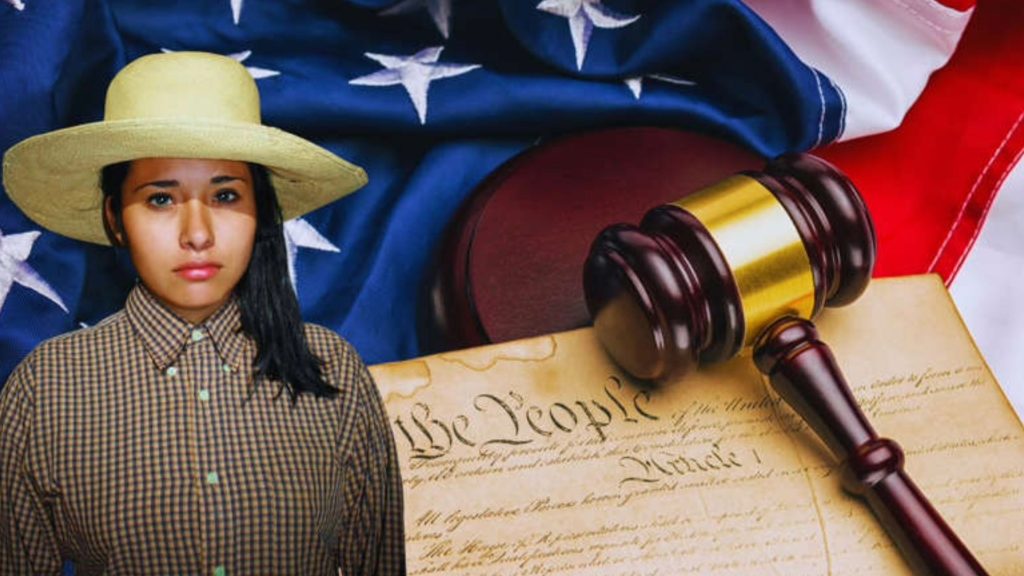
Judge Coleman maintains that the Second Amendment safeguards the right of illegal immigrants to possess firearms.
Questioning Federal Restrictions
Federal law has enforced firm limitations on firearm ownership for illegal immigrants, noting concerns for public safety and citing concerns about public safety and compliance with immigration regulations.
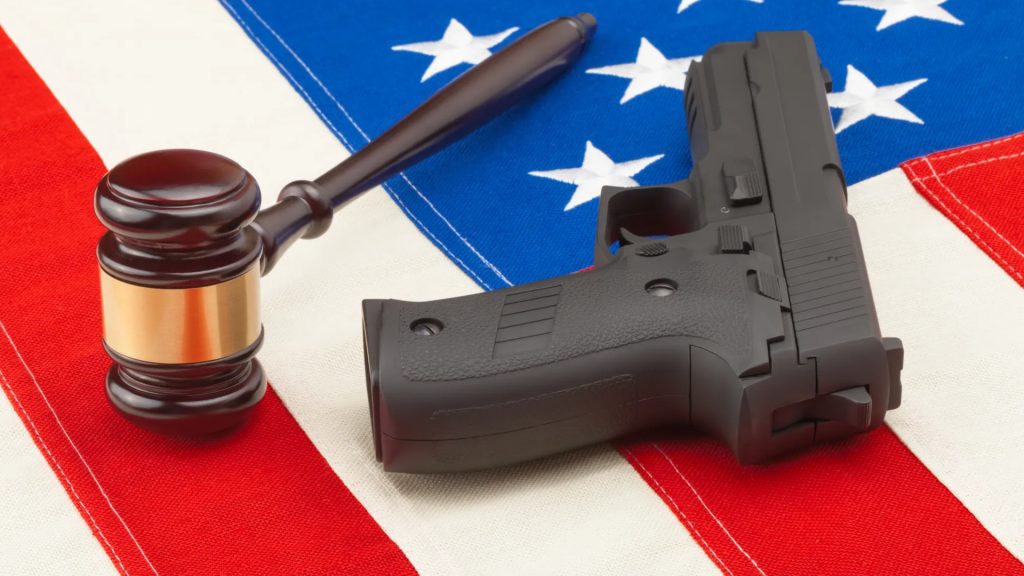
Despite this, Judge Coleman’s decision in the case of US v. Carbajal-Flores questions the constitutionality of these limitations.
The Case Of Heriberto Carbajal-Flores
The focal point of the legal conflict is Heriberto Carbajal-Flores, an immigrant that was here illegally and faced charges under the federal law for possessing a firearm.
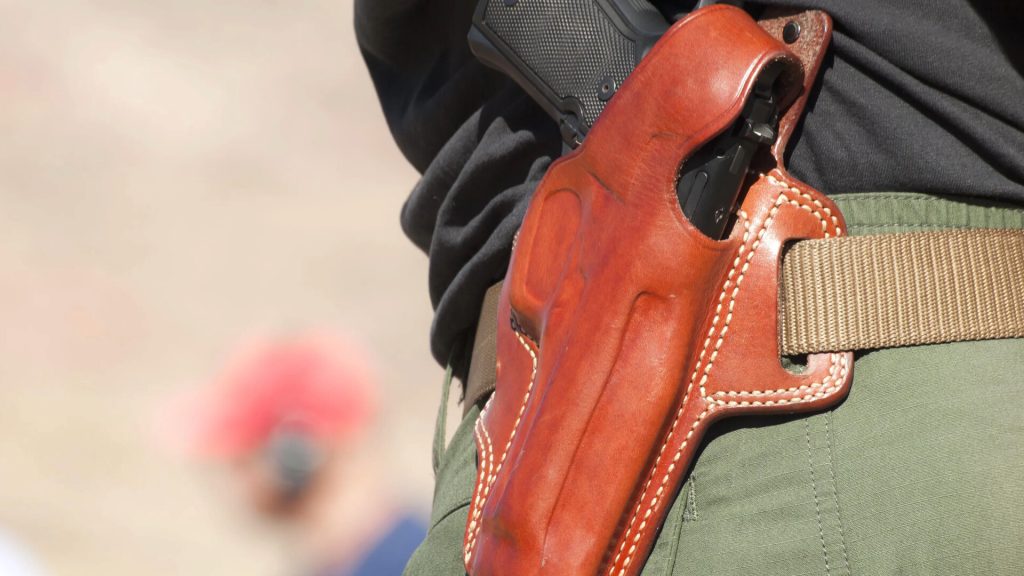
Judge Coleman’s decision to drop the charges against Carbajal-Flores signifies a notable departure from previous interpretations of the law. Her decision emphasizes the principle that individuals, despite their immigration status, maintain certain constitutional rights, this includes the right to bear arms.
Insufficient Misdemeanor Violations
She highlights that minor misdemeanor immigration violations aren’t sufficient reasons to not allow someone to practice their Second Amendment protections.
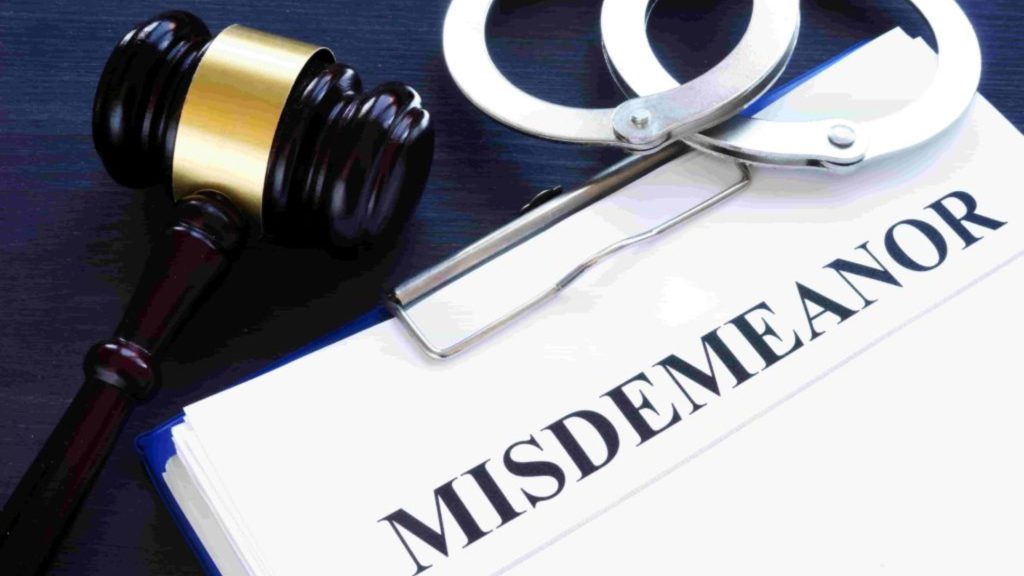
This interpretation reflects a wider trend in Second Amendment laws after the Bruen decision, which has led to heightened scrutiny of gun restrictions in the courts.
Analyzing Second Amendment Protections
Judge Coleman’s reasoning hinges on the argument that Carbajal-Flores had no felony convictions and weren’t violent offenders
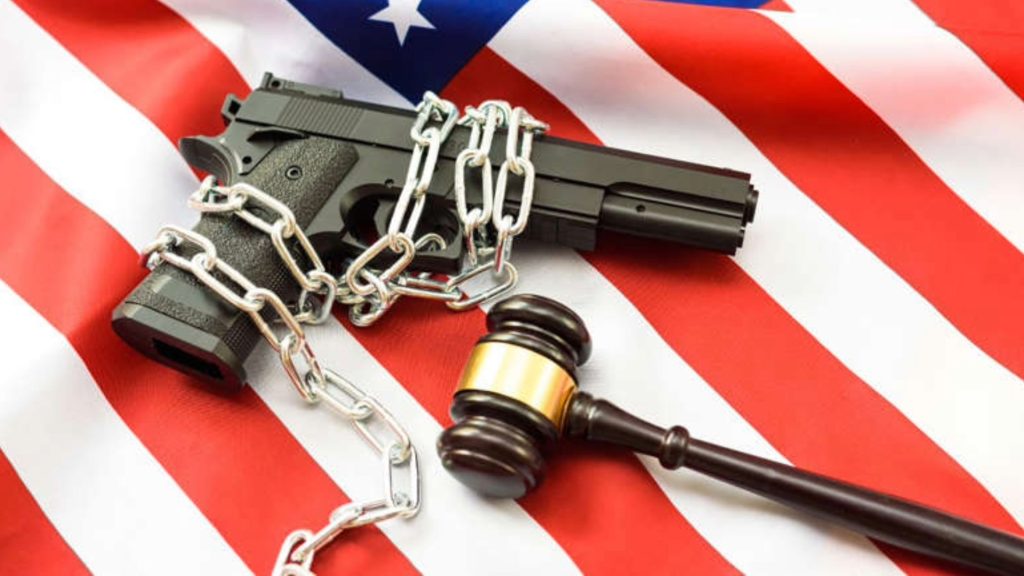
He hadn’t gone through due process procedures to indicate valid reasoning for removing his gun rights either.
Legal Environment And Public Safety Concerns
Critics of the judgment make the argument that giving illegal immigrants the right to possess firearms could potentially add significant risks to public safety, specifically concerns about violent crime associated with certain segments of this population.
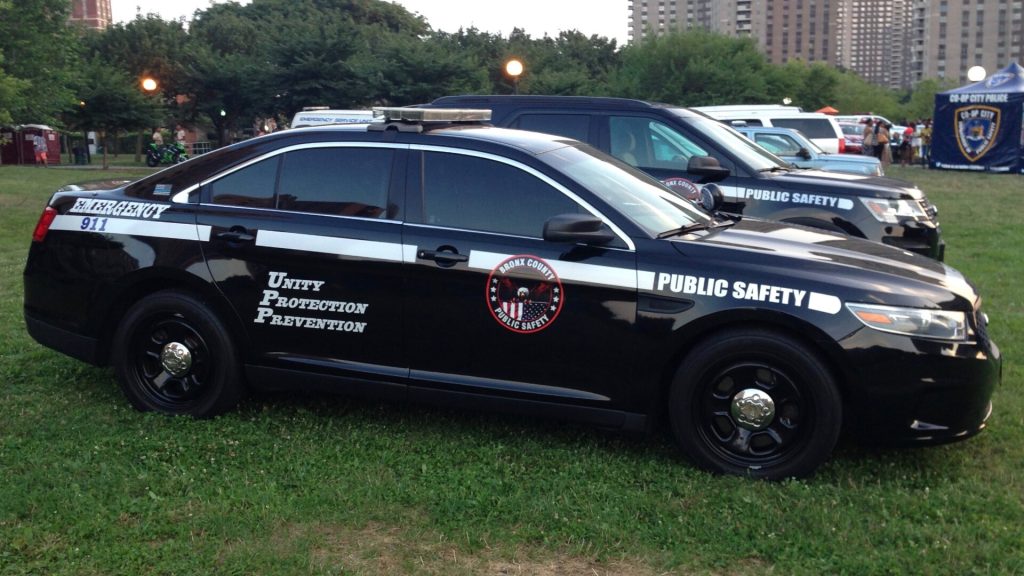
They assert that the decision undermines efforts to uphold immigration laws, subsequently leading to unforseen consequences for law-abiding citizens.
Debates About The Balance
As the legal environment progresses, the ruling in US v. Carbajal-Flores could potentially ignite more debate and litigation about the rights of illegal immigrants and the extent of Second Amendment protections.
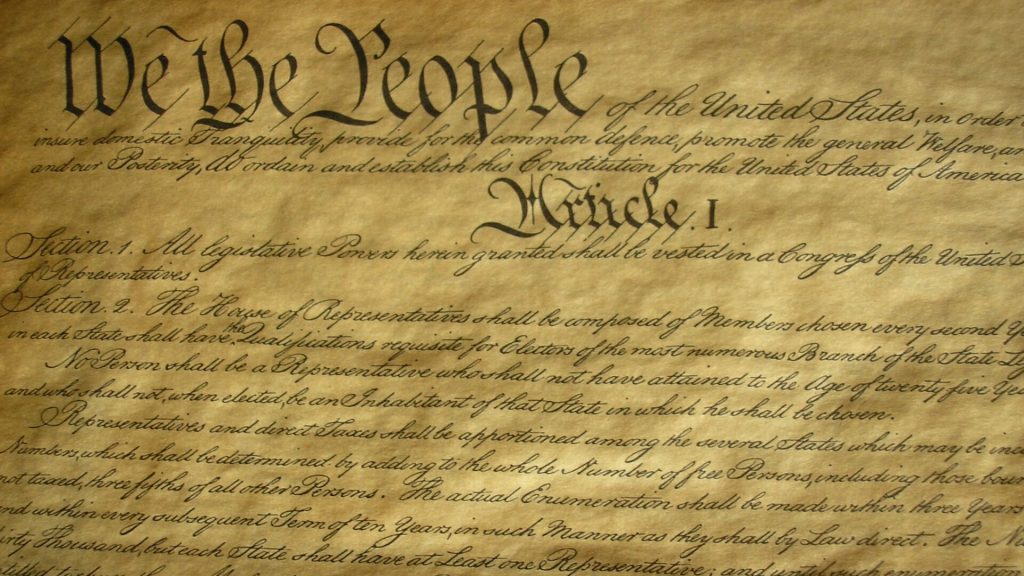
The case presents questions about the balance between addressing public safety, immigration enforcement, and the rights of individuals in American society. Ultimately, it highlights the significance of careful consideration and constitutional analysis when addressing the intersection of immigration law and firearm regulations.
Violations Of Freedoms
However, supporters of the verdict maintain that the Second Amendment is applicable to all individuals, despite their immigration status.
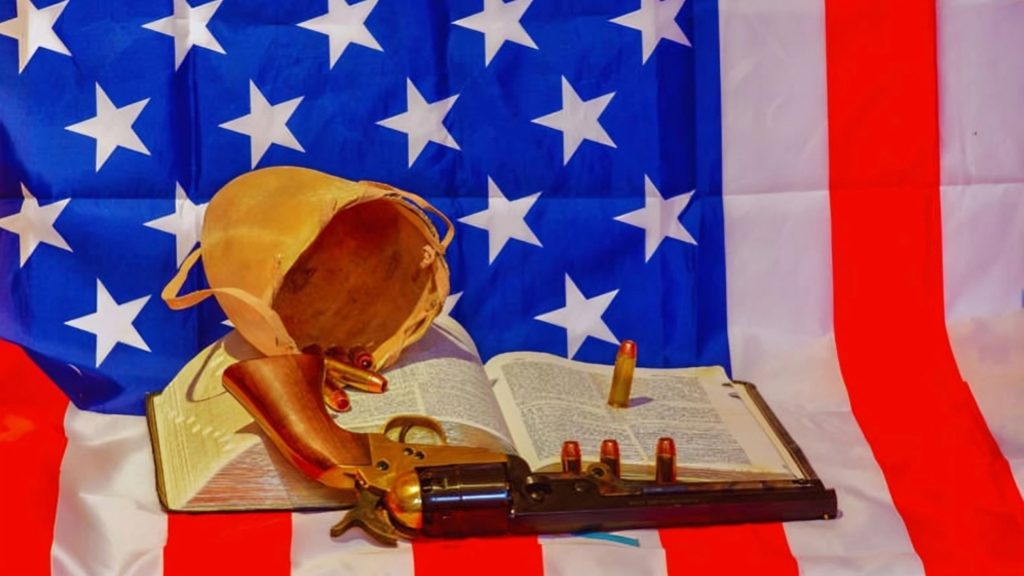
Denying illegal immigrants gun rights would equate to unjustifiable infringement on their freedoms.
Current Federal Restrictions
What are your thoughts? How do you think Judge Coleman’s ruling could impact the enforcement of existing federal restrictions on firearm ownership for illegal immigrants?
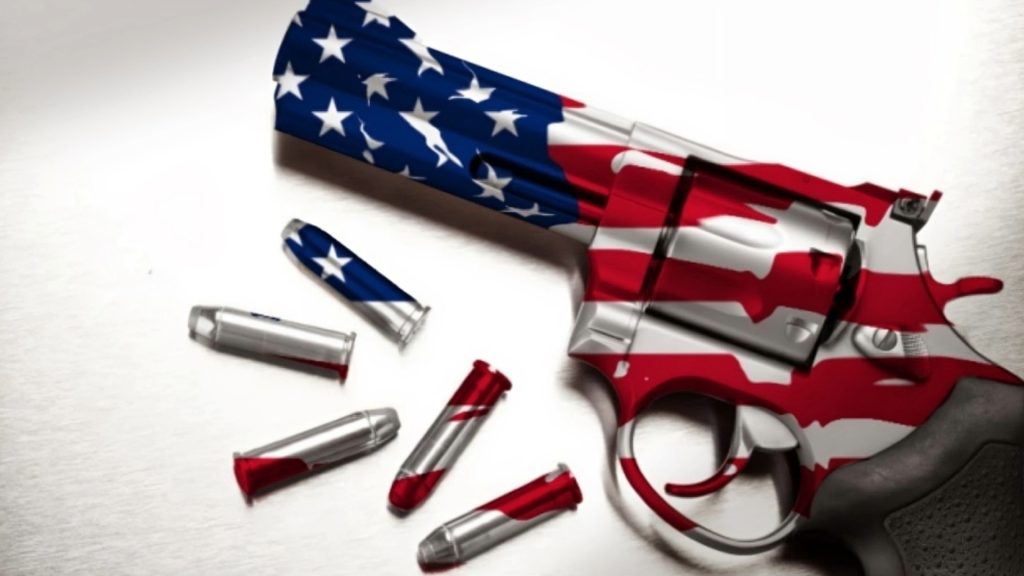
What criteria should courts consider when evaluating the Second Amendment rights of illegal immigrants?
The Debate On Gun Ownership
How does the decision in US v. Carbajal-Flores exemplify a wider change in the Second Amendment law following the Bruen decision?

How do conflicting concerns about public safety and individual rights influence the discussion about ownership for illegal immigrants?

